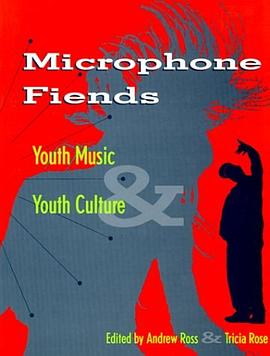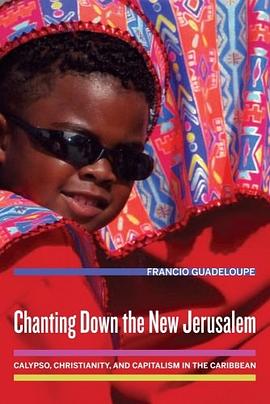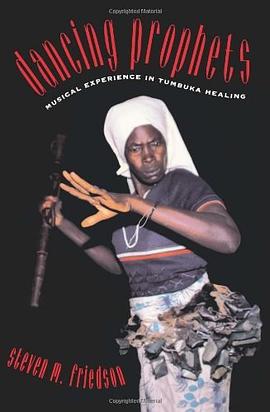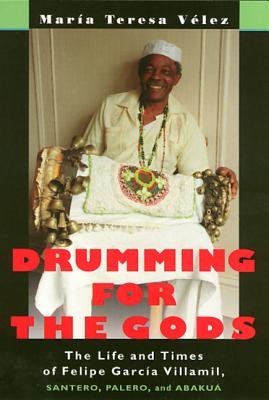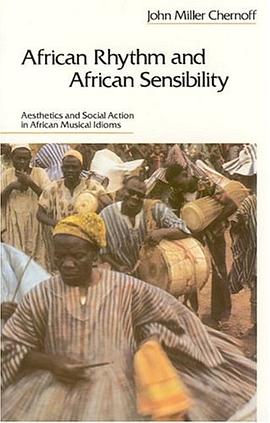

具体描述
Since its founding in 1964, the United Republic of Tanzania has used music, dance, and other cultural productions as ways of imagining and legitimizing the new nation. Focusing on the politics surrounding Swahili musical performance, Kelly Askew demonstrates the crucial role of popular culture in Tanzania's colonial and postcolonial history. As Askew shows, the genres of ngoma (traditional dance), dansi (urban jazz), and taarab (sung Swahili poetry) have played prominent parts in official articulations of "Tanzanian National Culture" over the years. Drawing on over a decade of research, including extensive experience as a taarab and dansi performer, Askew explores the intimate relations among musical practice, political ideology, and economic change. She reveals the processes and agents involved in the creation of Tanzania's national culture, from government elites to local musicians, poets, wedding participants, and traffic police. Throughout, Askew focuses on performance itself - musical and otherwise - as key to understanding both state formation and interpersonal power dynamics.
作者简介
目录信息
读后感
评分
评分
评分
评分
用户评价
坦白说,这本书的阅读体验是需要一点耐心的,它不属于那种可以轻松消遣的作品。它更像是一场精心设置的智力挑战,要求读者全神贯注,毫不松懈。然而,正是这种挑战性,赋予了阅读过程本身巨大的价值和满足感。作者在布局上展现了大师级的掌控力,情节和论点之间的相互映衬和烘托,构建了一个紧密咬合的有机整体。每一次看似不经意的细节伏笔,在后续的章节中都会得到精妙的回应,让人不禁拍案叫绝,感叹作者布局之深远。这种环环相扣的结构美学,使得每一次重读都能发现新的关联和隐藏的线索。它不是那种读完就束之高阁的书籍,而是值得反复咀嚼、不断探寻其内涵的知识宝藏,每次接触都会带来新的层次的理解和更深一层的敬佩。
评分从纯粹的文学性角度来看,这本书的文字功底达到了一个令人敬畏的高度。它的句法结构复杂而富有韵律感,仿佛一首精心编排的乐章,每一个词语的摆放位置都经过了深思熟虑,以达到最佳的听觉和视觉效果。我特别留意了作者如何处理长句,那些层层递进、结构严谨的长句,不仅没有造成阅读障碍,反而如同精密的建筑结构一般,将复杂的思想逻辑牢牢地支撑起来,展现出一种令人赞叹的驾驭能力。这种对语言的精准控制,让文本本身就成为了一种艺术欣赏的对象。读起来,总有一种被文字的华美所包裹的愉悦感,即便是描述最沉重的主题时,文字的优雅也未曾减损,反而增添了一种宿命般的悲剧美感。这种对语言形式的极致追求,使得这本书在众多作品中脱颖而出,散发出独特的光芒。
评分这本书的叙事手法真是独具匠心,作者在构建宏大叙事的同时,又巧妙地将笔触聚焦于那些微小却极具代表性的人物命运。阅读过程中,我仿佛置身于历史的洪流之中,那种身临其境的沉浸感,让人欲罢不能。尤其是在描绘社会变迁的那些章节,作者没有采用刻板的说教,而是通过生动具体的场景和人物内心活动的细腻刻画,将复杂的时代背景娓娓道来。那种对人性的深刻洞察力,简直令人叹服。它不是那种让你读完后只留下一些冰冷概念的书,而是能让你在合上书页后,依然能在脑海中挥之不去那些鲜活的画面和人物的悲欢离合。这种能力,正是衡量一部作品是否真正触动人心的重要标准。我尤其欣赏作者在语言运用上的那种克制与爆发力,时而如涓涓细流般温柔缠绵,时而又似惊涛骇浪般震撼人心,节奏把握得恰到好处,让人在不知不觉中被带入作者精心编织的那个世界里,并与之共同呼吸。
评分我必须承认,这本书的哲学思辨部分给我带来了极大的震撼,它远超出了我原先对于这类题材作品的预期。作者对于“构建”与“解构”之间关系的探讨,提供了一个极其新颖且富有启发性的视角。那些关于身份认同和文化传承的论述,并非空泛的理论堆砌,而是紧密地植根于扎实的史料和生动的案例分析之中。每一次阅读,都会带来新的领悟,仿佛拨开了一层又一层的迷雾,直抵核心。书中的某些段落,我甚至需要反复阅读数遍,才能真正体会到其中蕴含的深意和多重含义。这种需要读者投入大量认知资源去“解码”的作品,无疑是具有极高学术价值和思想深度的。它强迫你跳出固有的思维定式,去重新审视那些看似理所当然的既有观念。对于那些渴望在精神层面获得深刻对话的读者而言,这无疑是一份不可多得的厚礼。
评分这本书最让我感到惊喜的是它在跨学科研究上的大胆尝试。作者似乎毫不费力地将社会学、人类学、甚至一些边缘的历史地理学的概念熔于一炉,构建了一个多维度的分析框架。这种融会贯通的能力,使得原本可能显得枯燥的理论分析变得鲜活起来,充满了动态的张力。我尤其欣赏作者在引用和结合不同学派观点时的那种审慎和批判性态度,他并非简单地罗列观点,而是将它们置于一个动态的对话之中,不断地进行碰撞与再生成。这种扎实的跨界功底,让整本书的论证体系显得无比坚实和令人信服。对于那些对单一学科研究感到局限的读者来说,这本书就像是打开了一扇通往知识交汇点的窗户,视野豁然开朗,感受到了知识的真正力量在于其连接性和整合性。
评分 评分 评分 评分 评分相关图书
本站所有内容均为互联网搜索引擎提供的公开搜索信息,本站不存储任何数据与内容,任何内容与数据均与本站无关,如有需要请联系相关搜索引擎包括但不限于百度,google,bing,sogou 等
© 2026 book.wenda123.org All Rights Reserved. 图书目录大全 版权所有



